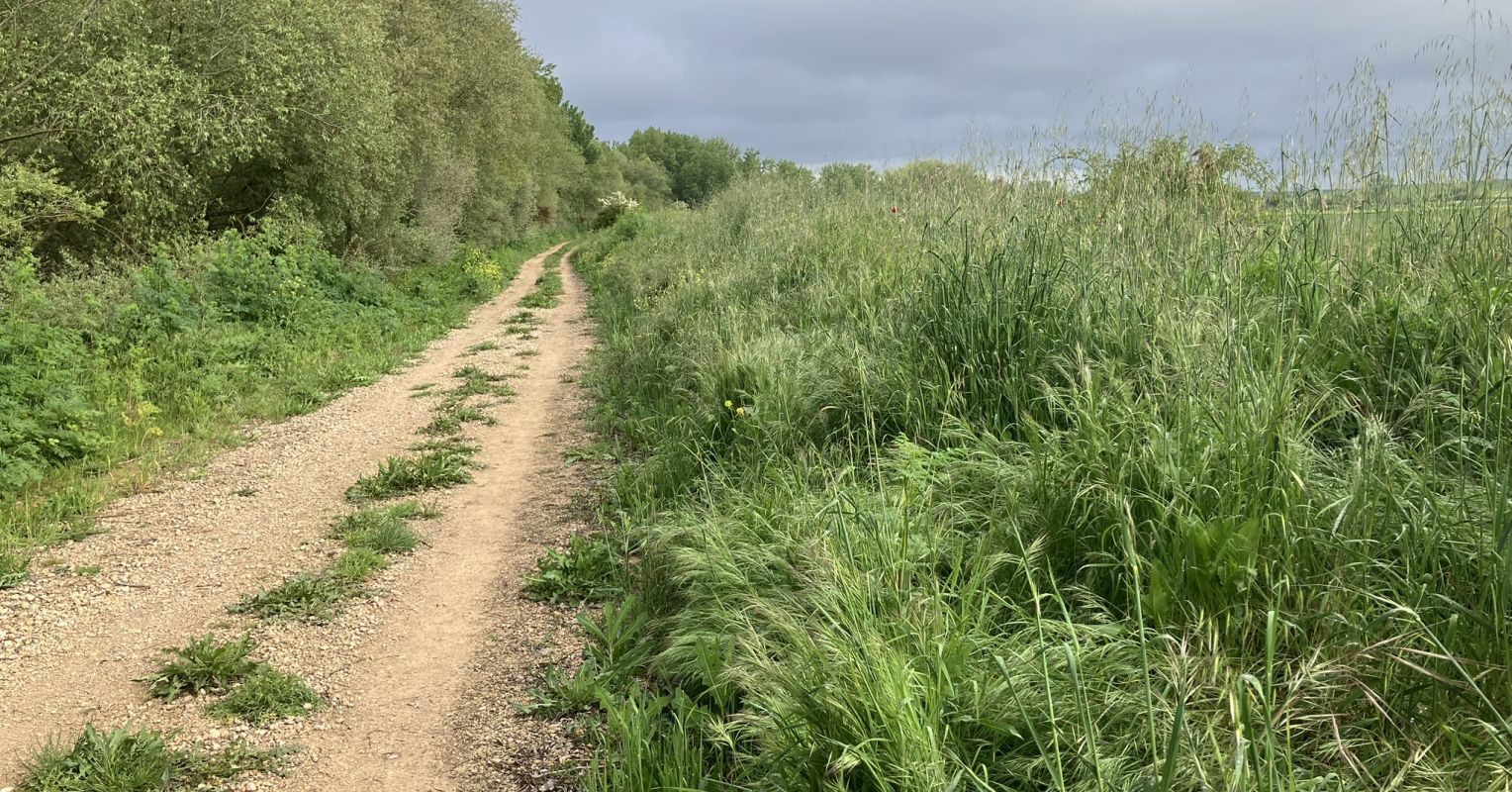
Each year, tens of thousands of people throw on a backpack, lace their boots, and head off across northern Spain to walk the Camino de Santiago, an ancient pilgrim path.
Some seek spiritual enlightenment. Others want a break from the daily grind. Some just want a reason to eat more cheese.
But what most discover along the way is just how good this long, winding walk is for their mental well-being.
In a world where we’re bombarded by notifications, deadlines, and algorithmic content, the Camino offers a refreshing alternative: walk, eat, sleep, repeat.
This is not just travel. It is therapy with better scenery and amazing food.
The science behind the stride
Let’s talk data before we get too dreamy.
One of the best studies about the Camino appeared in the Journal of Happiness Studies in 2024. This research followed a group of pilgrims before, just after, and three months post-Camino.
The authors found that, “compared to the control group, pilgrims showed significantly greater increases in positive affect, life satisfaction, and valued living, alongside greater reductions in anxiety, depression, and perceived stress.”
“Talk it out, walk it out”
There’s a Camino catchphrase that veterans love: “the Camino provides.” And one of the greatest things it provides? Connection—to others, to nature, to ourselves.
Imagine it. You are walking 20 to 30 kilometers a day, often with complete strangers, with nothing but countryside and your thoughts. Suddenly, you are sharing your life story with someone you met an hour ago, and they’re doing the same. The honesty is spontaneous and surprising.
This is the power of “Talk it out, walk it out.” Walking lets the mind unravel. Talking helps us to unload. The rhythm of walking opens the space around us and within.
And then there is the silence. Sometimes, the only sounds are boots on the path, birds in the trees, and the magic of the wind.
From struggle to strength
Beyond the mood benefits and mental clarity, something else happens on the Camino. People realise what they can do.
You walk through heat, hills, downpours, and doubt. You sleep in creaky beds in wildly varied accommodations. And somehow, you get up the next day and do it again. And again.
That builds something that is hard to come by in modern life: self-efficacy. You discover that you are more resilient than you thought. You can face uncertainty. You can handle discomfort. You can eat more cheese than you thought possible.
And let’s not forget simplicity. Life on the Camino boils down to three things: walk, eat, sleep. That stripped-back existence clears the clutter. Big questions get answered or set aside. Big feelings get felt or let subside. Silence remains.
The real destination
The Camino de Santiago will not fix your life. But it can help you to hear yourself more clearly, feel a little lighter, and realise that maybe your life is not so broken after all. Goodness exists.
Pilgrimage is not a substitute for therapy. Sometimes you need to talk and walk.
But if you’re not ready to talk it out, maybe you can walk it out. Words will come to you further down the path.
